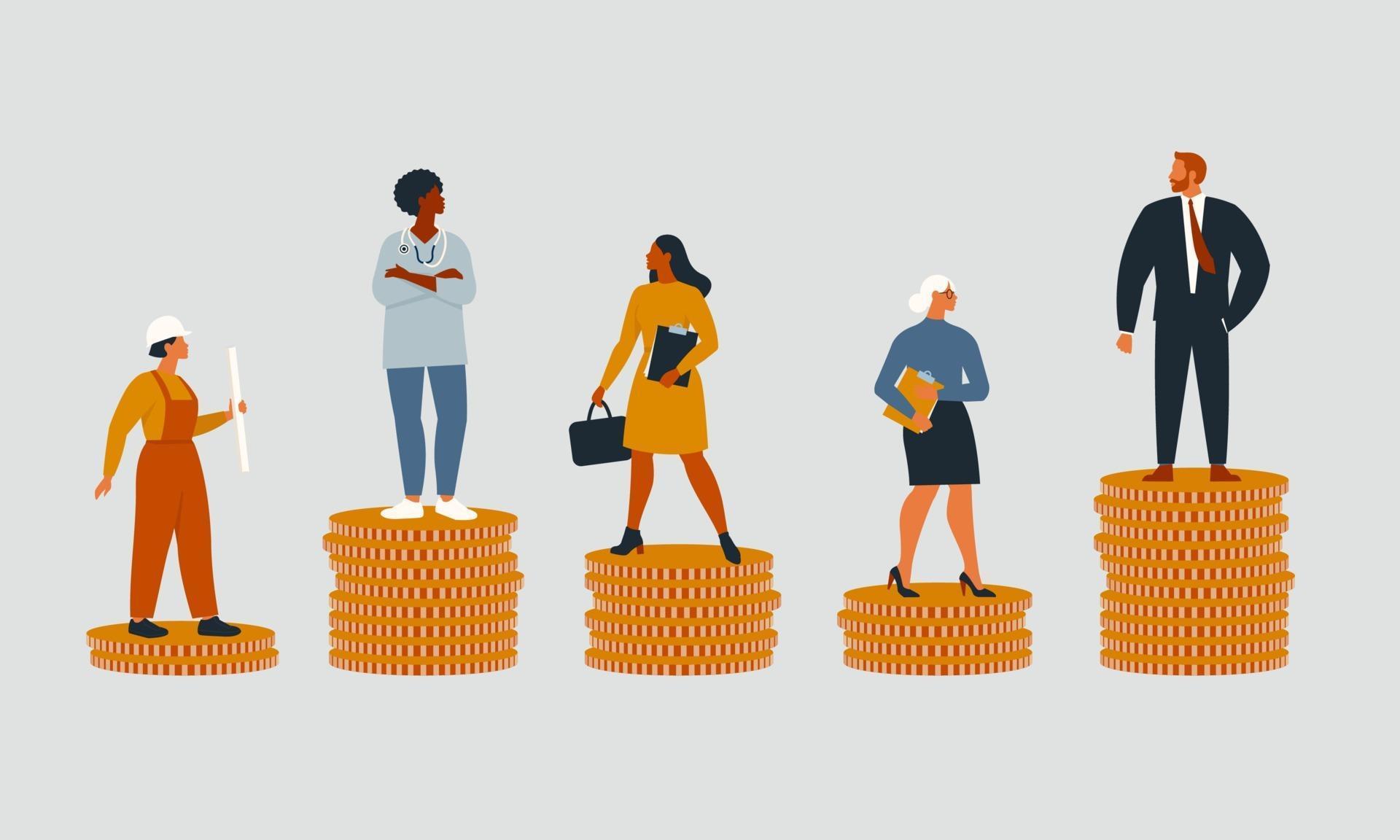The recently released "Household Income and Expenditure Survey (HIES) 2022" by the Bangladesh Bureau of Statistics has brought to light a concerning rise in income inequality within the country. This article delves into the key findings and proposes constructive measures to address this growing issue.
Understanding the Numbers:
According to the HIES 2022, as much as 40 percent of the country's total income is concentrated within the top 10 percent of the wealthy, reflecting a three-percentage-point increase since 2016. The Gini coefficient, a measure of economic equality, stands at 0.499 in 2022, indicating a rise from 0.482 in 2016.
Expert Insights:
Experts such as Selim Raihan and Hossain Zillur Rahman attribute this inequality to irregularities in the banking sector, tax evasion, and money laundering. While the government's commitment to addressing corruption is acknowledged, concrete actions are essential to combat these issues effectively.
Poverty Dynamics:
While poverty has decreased overall, the rate of decline between 2016 and 2022 is not as substantial as the preceding years from 2010 to 2016. Regional variations in poverty rates suggest the need for targeted measures in specific divisions.
Proposed Solutions:
- Anti-Corruption Measures: Strengthening efforts to combat corruption in the banking sector and ensuring transparency in financial systems is crucial. The commitment made in the election manifesto to take stern action against irregularities is a positive step.
- Social Safety Net Enhancement: To mitigate the impact of economic shocks, particularly in urban areas like Dhaka, there is a need to strengthen social safety net programs. Ensuring these programs reach both rural and urban areas is essential.
- Investment in Education and Skill Development: To address the root causes of inequality, investing in education and skill development programs is paramount. This can contribute to job creation and empower individuals to participate more actively in the economy.
- Progressive Tax Policies: Drawing inspiration from successful global models, implementing progressive tax policies, promoting small and medium-sized enterprises, and prioritizing social welfare can contribute to a more equitable distribution of wealth.
Conclusion:
Addressing income inequality in Bangladesh requires a comprehensive and multifaceted approach. By tackling corruption, strengthening social safety nets, investing in education, and learning from successful global examples, the nation can work towards a more equitable and prosperous future.

